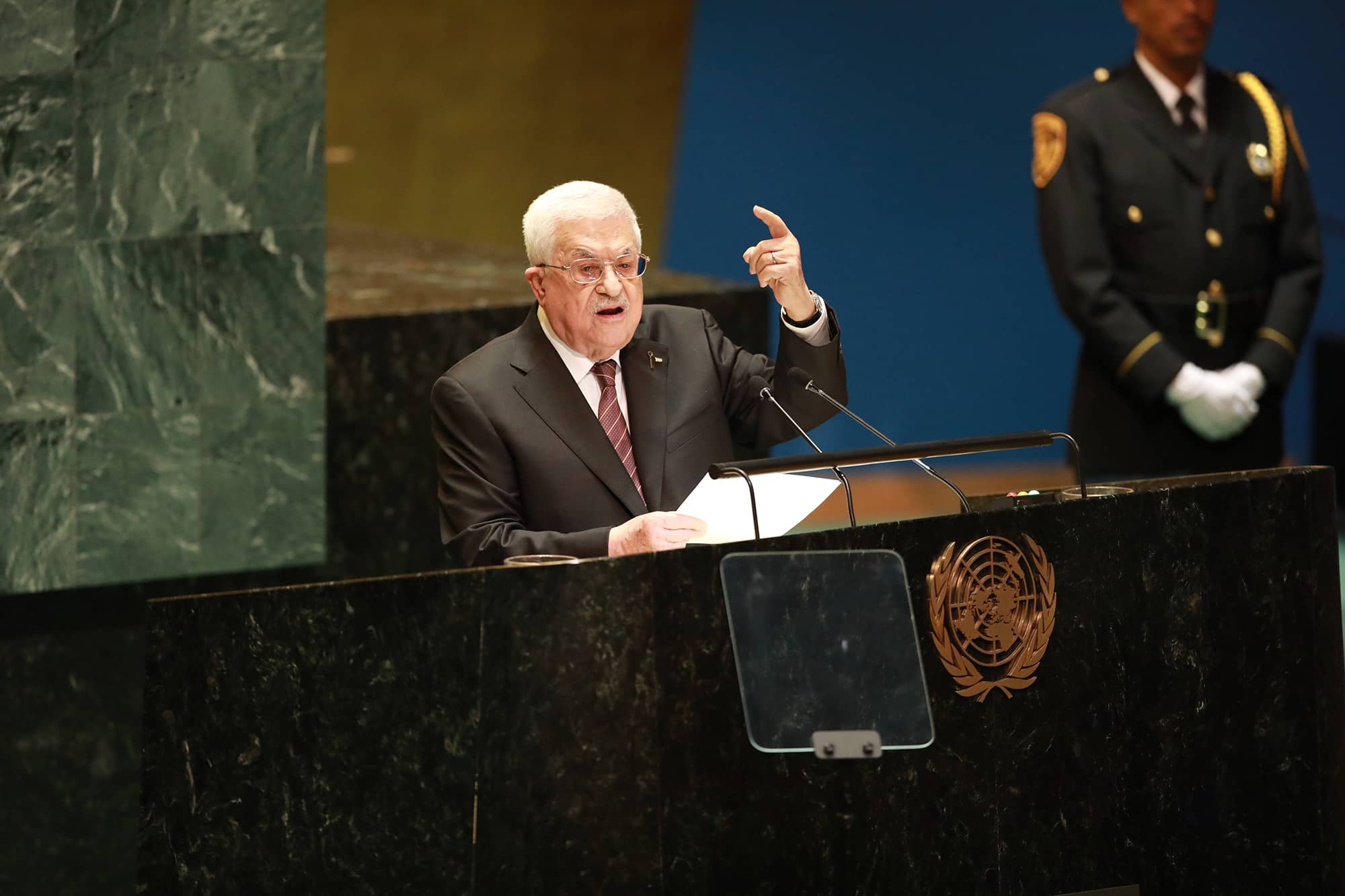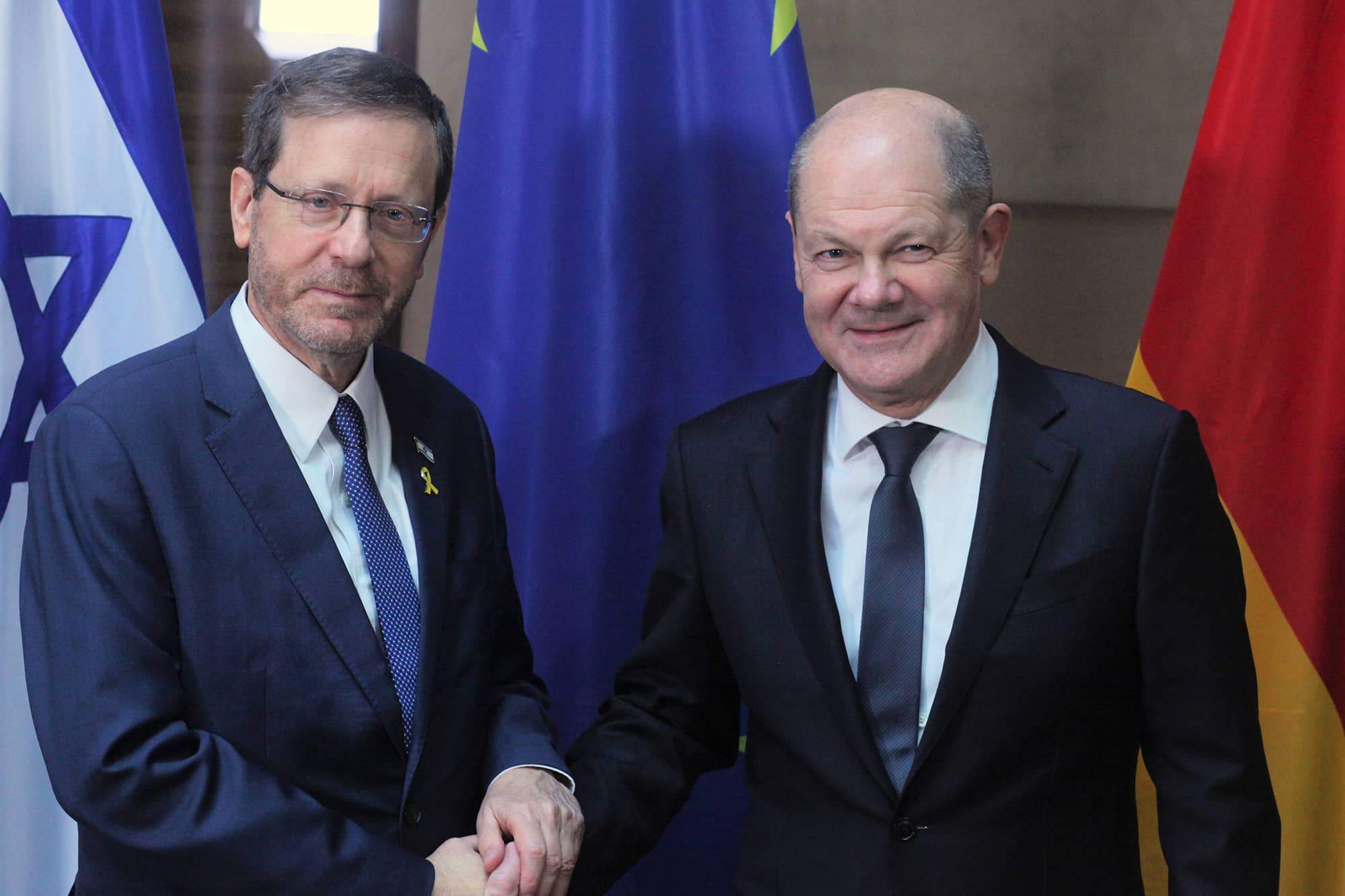To an observer from another planet, the conduct of Hamas’ leadership would look like utter madness, akin to a visitor at a zoo entering the lion’s cage – or sending his kids inside – with a sharp stick to poke the lions to see what happens. There’s a type of “self-racism” involved – a demand of the world to treat the Palestinians, due to their “suffering,” as not responsible for their actions in shooting another rocket at central Israel. To provoke a military power such as Israel in such a manner – without the possibility of securing anything of significant strategic value – is in hindsight an act of defiance whose sole purpose is to show that they are beyond the point of desperation.
In actuality, Hamas leader Yahya Sinwar and his cohort, who believe according to their logic that stretching tensions to the brink is a rational move, will soon realize it was a critical misstep on their part. Their goal is to increase even further their leverage points in the negotiations Egypt is currently mediating, divert the attention of the local population from the recent anti-Hamas demonstrations, and lash out against the brutal pressure mechanisms being applied by Palestinian Authority President Mahmoud Abbas despite the despair it is causing his people.
The IDF will inevitably respond in a manner that is harsher than usual – not because the blood of the residents of central Israel is more valuable than that of Israelis who live near Gaza but because of the emerging need to show Hamas that it has wrongly read the map. With that, the purpose of such a response – a combined and comprehensive military strike and threatening military posture, accompanied by an Egyptian diplomatic push to calm the situation – must not merely encompass the prevention of additional missile fire, but reeling in the weekly border riots, provocations, incendiary balloons and explosive devices routinely thrown at IDF troops.
In the current situation, it’s impossible to achieve this with “carrots” and cash-filled suitcases from Qatar alone. The new IDF chief’s test, therefore, will be to compile a sophisticated “toolbox” that includes a painful blow, control over the levels of escalation, rehabilitation of our deterrence and preserving the role of the Egyptians as a key player.
Only then, when the timing is more appropriate and there are clear and verifiable returns (including Hamas tightening its control of the missile arsenal in Gaza and preventing its access to Islamic Jihad and recalcitrant factions within Hamas itself), should Israel provide material rewards to alleviate the distress of Gazans and allow for a more controlled process of conflict management.
Published in Israel Hayom 26.03.2019
JISS Policy Papers are published through the generosity of the Greg Rosshandler Family.
photo: Bigstock















